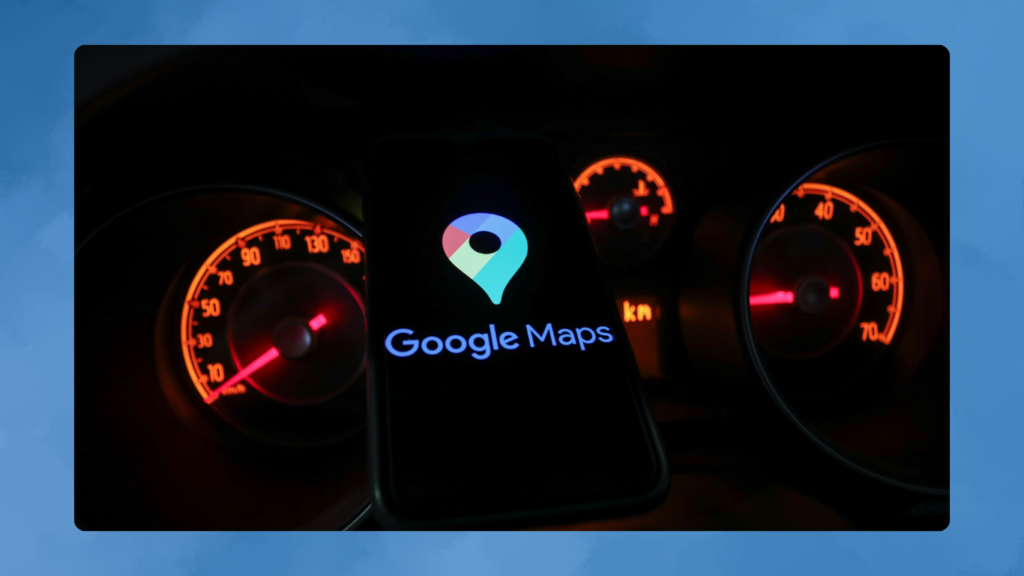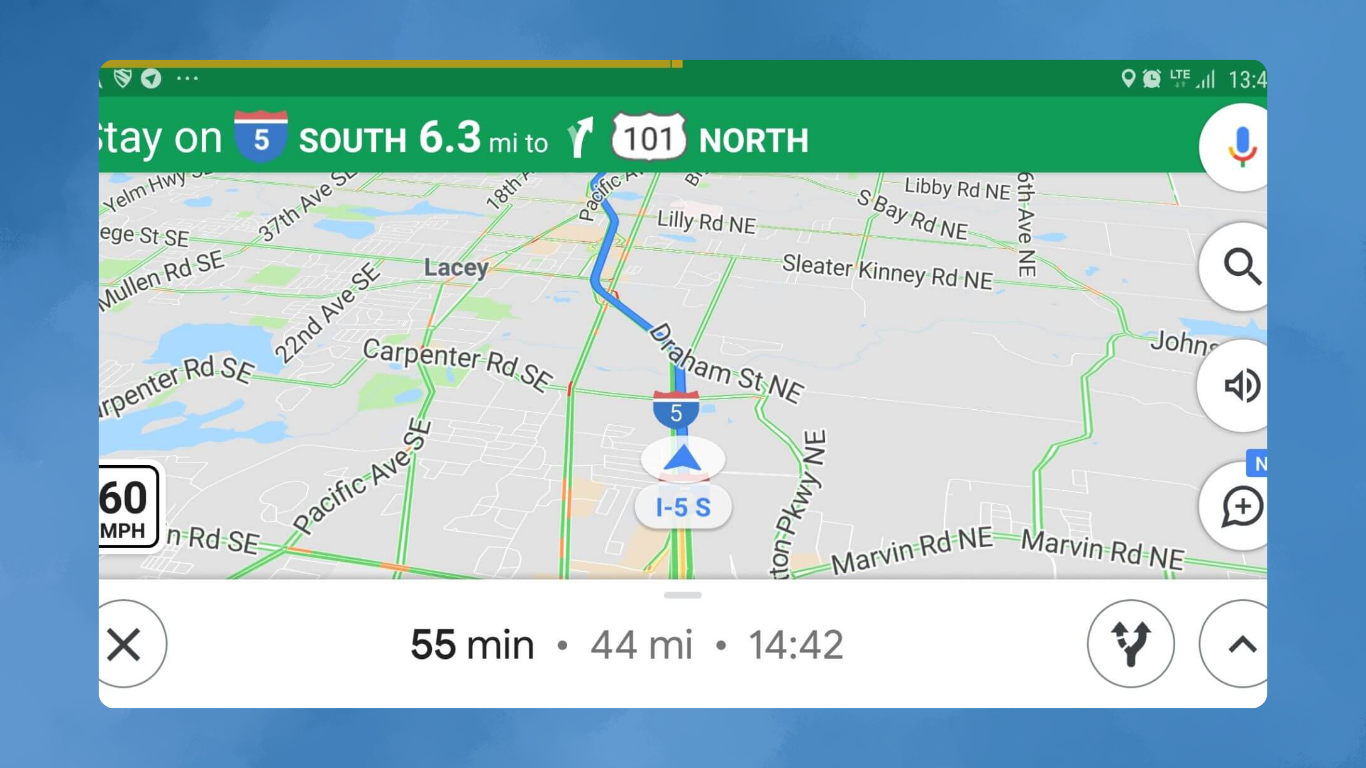Google Maps recently introduced a speedometer feature for its app, accessible through Apple CarPlay and Android Auto. While this new addition was expected to enhance driver convenience, a recent road test has revealed that the feature is significantly inaccurate. The discrepancies in speed readings could lead drivers to exceed speed limits unknowingly, potentially resulting in fines.
Automotive expert Paul Maric from Car Expert decided to explore how trustworthy this feature is, especially given the rise in speeding fines in Victoria, Australia. Maric’s test aimed to compare the speed readings from Google Maps, Waze, and a car’s built-in speedometer against the actual speed, which was precisely measured using a laser device.

Maric used a Ford Mustang for the test, driving at speeds of 80 km/h and 100 km/h. Surprisingly, Google Maps consistently displayed speeds that were 2 km/h lower than the actual speed, while Waze closely matched the laser’s readings. This finding was concerning, as it indicated that Google Maps could mislead drivers into speeding, especially in areas where strict speed limits are enforced.
Interestingly, Waze, which Google acquired in 2013, provided accurate speed readings during the test. This raises questions about why Google Maps, despite being a product of the same company, does not utilize the same technology as Waze to ensure accuracy. The inconsistent and often erratic speed readings from Google Maps were enough to render the feature unreliable for precise speed monitoring.
Google’s website does include a disclaimer, stating that the speedometers in the Google Maps app are intended for “informational use only.” The company advises users to rely on their vehicle’s speedometer for accurate speed information. Despite this, the discrepancies found in Google Maps compared to Waze suggest a missed opportunity to improve the app’s reliability.
Maric also highlighted an important aspect often overlooked by drivers: the accuracy of their vehicle’s speedometer. In Australia, car speedometers must adhere to a certain accuracy range, but even within this range, deviations can occur. During the test, the Mustang’s speedometer was off by 4 km/h at 80 km/h and 5 km/h at 100 km/h. This variance could be further affected by modifications to the vehicle, such as changes to the tires or rims, which can alter the speedometer’s accuracy.
Ultimately, the results of this test serve as a caution to drivers. While navigation apps like Google Maps and Waze offer convenient features, they should not be solely relied upon for speed accuracy. Drivers must remain aware of the potential for error in both their vehicle’s speedometer and the apps they use, especially when compliance with speed limits is crucial to avoid fines.
This test underscores the importance of using multiple tools to ensure accurate speed readings while driving. Relying solely on one app or device could lead to unintended consequences, such as receiving a speeding ticket due to inaccurate speed information.

Subtly charming pop culture geek. Amateur analyst. Freelance tv buff. Coffee lover
